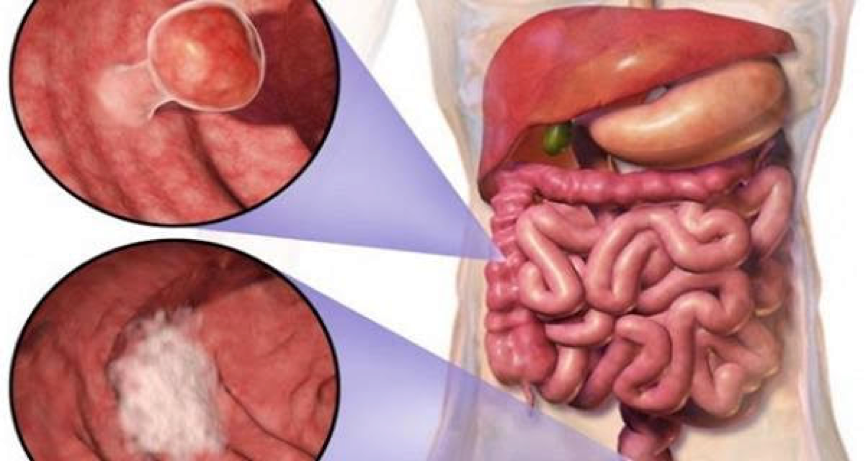
Weight Loss Surgeries leads to Colon Cancer was related with all three bariatric Weight Loss Surgeries procedures – vertical banded gastroplasty, adjustable gastric banding, and Roux-en-Y gastric bypass –and raised further over time, reported Dr. Maryam Derogar, of the Karolinska Institute, Stockholm, and her links. The risk of Colon Cancer was mostly arises between people who had undergone obesity surgery in a retrospective cohort study of more than 77,000 obese patients enrolled in a Swedish registry.No such formula over time was seen among the fat patients who did not have Weight Loss Surgeries .”Our arranged data suggest that accessed Colon Cancer risk may be a long-term consequence of such surgery,” they concluded.
They calculated the Colon Cancer risk using the standardized incidence ratio (SIR), the observed number of cases divided by the number of expected cases in that group.Over a median of 10 years, there were 70 Colon Cancer in the obesity surgery group; and over a median of 7 years, 373 among those who had no surgery.The SIR for Colon Cancer among those who had surgery was 1.60, which was statistically significant.Among those who had no surgery, there was a small, insignificant increase in risk group (a SIR of 1.26). In the surgery group, the risk increased over time in men and women, up to a twofold increased risk among those patients followed for at least 10 years, a pattern than was not observed in the obese patients who had no surgery.
View on the News of Weight Loss Surgeries : There are several reports that show a protective effect of bariatric Weight Loss Surgeries on future cancer risk. This report by Derogar and colleagues, published in Annals of Surgery, is the first to suggest that bariatric surgery is associated with an increased risk of Colon Cancer over time.
The authors suggest a possible mechanism that may be related to an increase in putative mucosal biomarkers of colorectal cancer risk and mucosal proinflammatory gene expression following Roux-en-Y gastric bypass. Also, a high-protein diet can promote detrimental metabolic profiles promoting carcinogenesis in the colon and rectum.